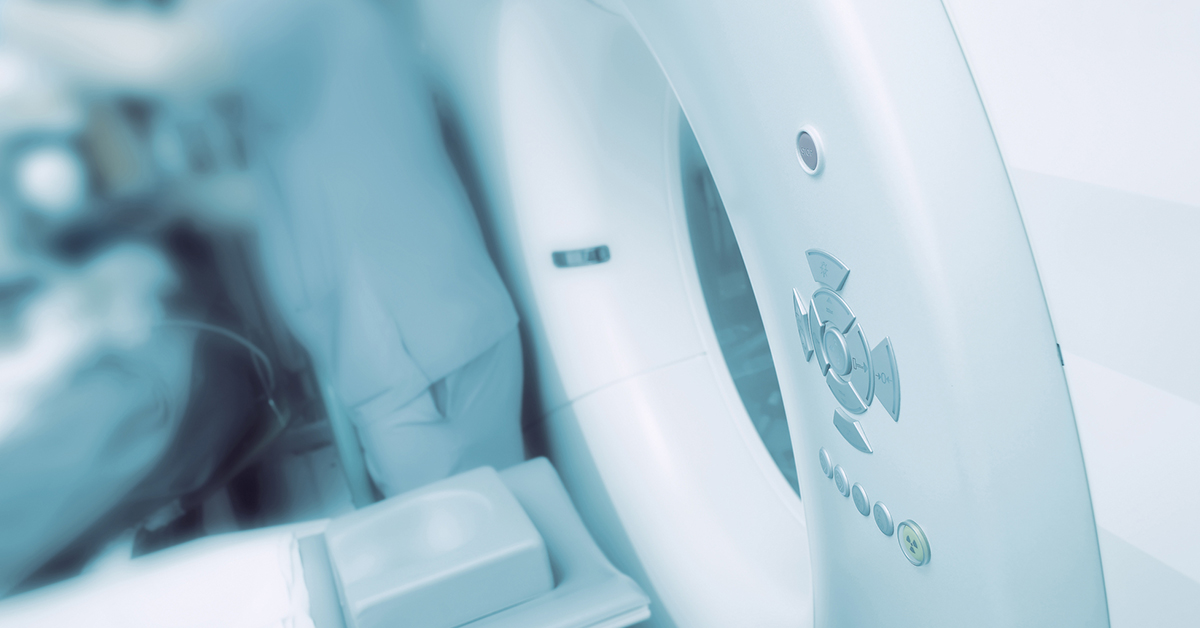
What is Magnetic Resonance Imaging?
Magnetic Resonance Imaging, or MRI, is a noninvasive diagnostic tool used to create three-dimensional images of the inside of the human body. These images are similar to images produced by a CT scan, but MRI scans are able to produce more detailed images of the body's soft tissues. These clearer images, which are produced using a magnetic field, mean MRI scans are valuable when it comes to diagnosing infection, cancer, internal bleeding or trauma.
What are the steps in Magnetic Resonance Imaging?
Preparing for an MRI
When preparing for an MRI, it's important to remove dentures or dental bridges, jewelry, glasses, and similar items. Certain surgical implants may make a patient ineligible for an MRI. Some of the items that cannot be put in an MRI machine include some cardiac defibrillators, pacemakers, cochlear implants, plates, screws, clips, and metal coils.
The patient may be given a gown to wear and hearing protection. If the patient has anxiety or is a child, sedation may be used to keep them still and relaxed during the MRI scan. Usually, pregnant women are not given MRIs.
Contrast Material Administered
If necessary, a special contrast material may be administered orally or intravenously. This may be done to give a more detailed scan.
Scanning Procedure
The patient is placed in position, and the scanning process is started. Loud humming and banging sounds will be heard once the machine is activated. The time it takes for an MRI may vary, but the procedure usually lasts 30 to 90 minutes. If the patient moves during the procedure, it may be necessary to stop and restart the process.
Monitoring
A technician in the next room observes the procedure and the imagery provided by the MRI during the scanning process. The patient and the technician communicate by a microphone and speaker during the procedure.
After the MRI
After the scan is completed, a radiologist reviews the MRI images and sends a report to the referring physician. The patient and physician will discuss the results of the test to determine a course of treatment.




